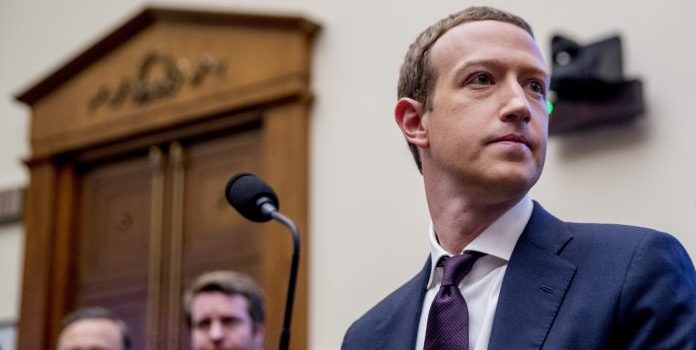(, The Center Square) Texas Attorney General Ken Paxton issued a Civil Investigative Demand to the Center for Tech and Civil Life as part of an investigation his office launched to determine whether it “solicited donations under the pretext of protecting voters from Covid-19 while instead using the funds to support partisan electioneering efforts or election oversight roles normally left to state and local officials.”
CTCL, a self-described non-partisan nonprofit organization, according to the bios posted on its own website and other records, “is led by individuals with distinctly partisan backgrounds,” the AG’s office says.
CTCL’s founder and executive director, for example, Tiana Epps–Johnson, was among a group of inaugural Obama Foundation Fellows who previously was the Election Administration director for a progressive grassroots organization, the New Organizing Institute. She also worked on the Voting Rights Project for the Lawyers’ Committee for Civil Rights.
Her stated efforts have included combating “misinformation” about elections. Texas, Florida and other states have taken action to prevent Facebook and other tech companies from censoring Americans on their platforms based on their political, religious or other ideology.
CTCL received an estimated $350 million from the Chan Zuckerberg initiative, launched by Facebook founder Mark Zuckerberg and his wife Priscilla, to reportedly help election officials to “safely administer” elections nationwide. Among them were Texas’ two largest counties, Harris and Dallas, which received $9,663,446 and $15 million, respectively.
Both counties, controlled by Democrats, weren’t the only Democratic-controlled entities that received what was dubbed “Zuckerbucks.”
“Outside observers have noted that the vast majority of funds given to CTCL in swing states were sent to counties and precincts that overwhelmingly voted for Joe Biden,” Paxton’s office said.
According to an analysis of CTCL’s efforts by the Chicago-based Thomas More Society’s Amistad Project, “local governments, with the support of Zuckerberg and CTCL, are usurping the role of state governments in deciding the funding priorities for election spending, and demonstrate that private funds cannot be used to gain an undue advantage in these cities and counties in presidential battleground states and selectively targeted U.S. Senate and House races.”
“Charities cannot mislead their donors and misrepresent the purpose of their fundraising,” Paxton said when announcing his office’s investigation.
It was “the duty of state and county officials, accountable to the people of Texas, to ensure that elections are fair, safe, and free,” he added. “That duty cannot be usurped by outside entities who are not chosen by and cannot be accountable to the people of Texas.”
According to the CID, the CTCL is required to provide an extensive amount of documentation requested by the AG’s office by Dec. 8.
After concerns were raised about Zuckerbucks allegedly influencing the election in Texas’s largest counties, the state legislature passed a bill signed into law by Gov. Greg Abbott to limit private donations made to county officials to administer elections.
The new law also required the Secretary of State’s Office to audit four counties’ 2020 election processes and results. One included Harris, which already found numerous discrepancies with mail ballots and its drive through voting scheme. As a result, it and the AG’s office sent an election integrity task force to monitor the 2022 election in Harris County.
The Democratic-controlled county is once again embroiled in controversy after numerous problems were reported with the 2020 election and the 2022 primary election resulting in the county’s election administrator being forced to resign.
After the county spent $20 million on the 2020 election and another $54 million on new voting machines for the 2022 election, officials ran into multiple technical difficulties on Election Day.
The problems related to extensive delays and no access to voting in some locations, paper jams, running out of paper, issues with provisional ballots, among other complaints filed, and the county once again not counting votes by the statutory deadline.
Harris County is expected to be embroiled in multiple lawsuits and its handling of the 2020 election and its reported results continue to remain under investigation by the Secretary of State’s Office.

